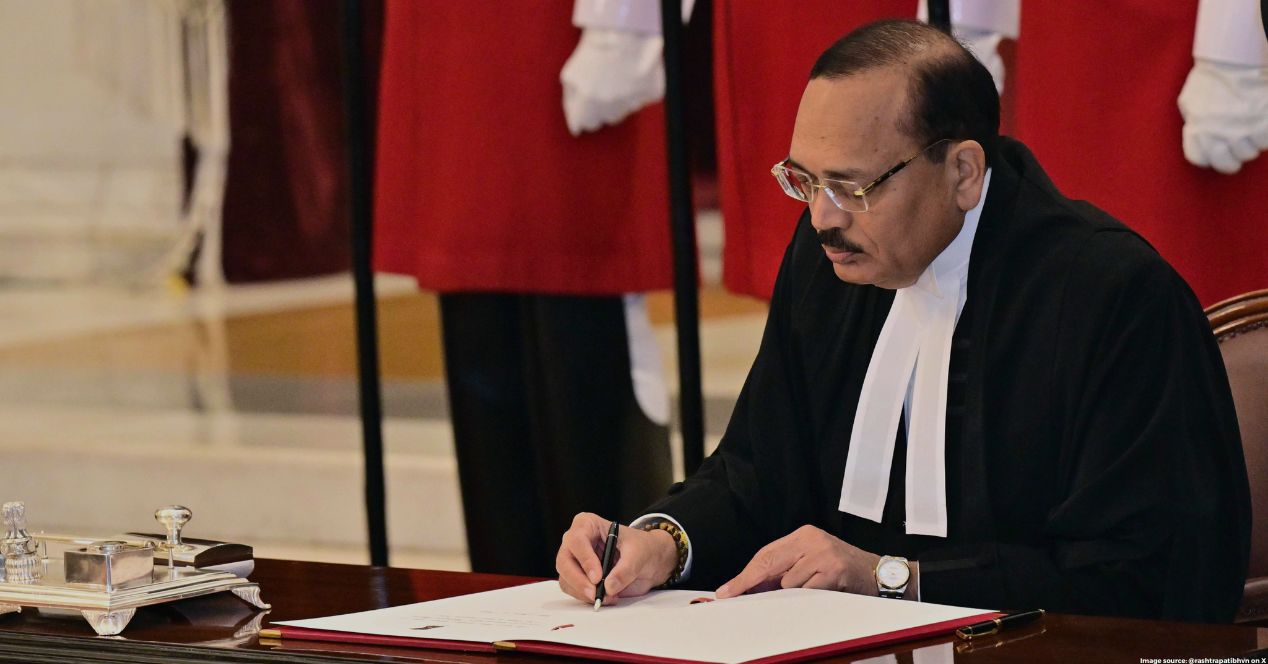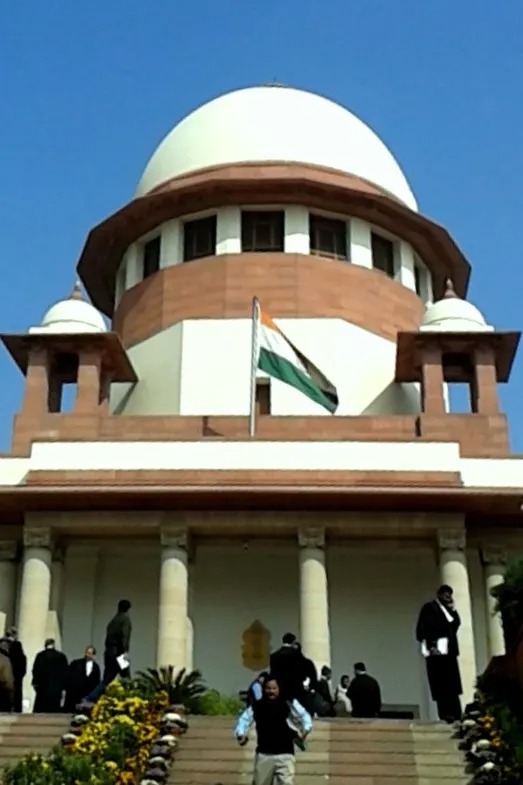K.K. Chaubey, J.@mdashBoth these bail applications arise out of Crime No. 751 of 1988, u/s 302 IPC, Police Station Kotwali Nagar, district Bulandshahr. As common questions have been raised in these bail applications, they can be conveniently disposed of by one order.
2. A written report was lodged on 25-11-1988 at 13.15 hrs. by Zamir Ahmad against the three accused persons of these applications and one another person in which it was pleaded that all the four accused persons committed murder of Noor Mohammad at 12.15 Hrs. on the same day in court campus, which was witnessed by several persons.
3. The bail applications of the applicants were rejected by the Sessions Judge.
4. The first contention of the Learned Counsel for the. applicants was that the applicants� request for identification from the witnesses was not conceded and this alone is sufficient ground for their release, on bail. The second contention was that the applicants live at a distance of 45 Kms. and the prosecution witnesses had no opportunity to know them from before.
5. In support of the first contention some rulings have been cited by the Learned Counsel for the applicants to show that if the accused claimed identification and the prosecution did not oblige them an element of doubt should be attached to the testimony of the witnesses and the accused would be entitled to bail. In
6. In Jadunath Singh v. State of U.P. 1971 ACC 80 it was argued before the Supreme Court that since the accused were denied identification the trial was vitiated on this point. The Supreme Court relying on an earlier ruling of Prakash Chand Sogani v. State of Rajasthan 1958 SCR 1218 observed :
the absence of test identification in all cases is not fatal and if the accused person is well known by sight it would be waste of time to put him up for identification. Of course if the prosecution fails to hold an identification on the plea that the witnesses already knew the accused well and it transpires in the course of the trial that the witnesses did not know the accused previously, the prosecution would run the risk of losing its case.
7. In Mohd. Yaqoob v. State of U.P. 1974 ACC 43 it was held, by this Court that where the accused persons were not put up for identification inspite of the fact that they made application for that purpose and the Magistrate had passed an order to that eifect, this was definitely a lacuna in the prosecution case and its benefit will have to be given to accused.
8. In Suresh Chandra v. State 1979 ACR 385 it was held by this Court that in the particular situation of that case it was absolutely necessary that the Appellant should have been put up for identification. In this case also V.N. Varma, J. relied upon the case of State v. Rajju and Ors. referred earlier.
9. In all these cases the evidence was appreciated in the light of refusal to hold test identification. In none of these cases non-holding of the test identification at the request of accused was considered in context of disposal of bail application. The legal position which emerges from the above authorities is that when the request of accused for holding test identification is refused and on the appreciation of the evidence, if it transpires in the coarse of trial that the witnesses did not know the accused personally, the prosecution would run the risk of losing its case.
10. The Learned Counsel for the applicants also cited the case of Anil Sharma v. State of U.P. (XXII)1985 ACC 390 in which S. Zaheer Hasan, J. has held that where accused applicant asked for holding a test identification and prosecution was not willing to hold it, the accused was entitled to bail. It is a very short ruling. No law has been discussed in it. Against this ruling the learned A. G. A. placed reliance in Madan Mohan Singh alias Chhedi Singh v. State of U.P. 1986 ACR 103 in which V.P. Mathur, J. after discussing in detail the legal position held that where accused applied for being put for identification and request was not accepted, on that ground the accused was not entitled to bail. I have carefully gone through this ruling which is based on Supreme Court decision, and with respect I agree with the views of V.P. Mathur, J. In this ruling it was observed :
The ultimate result is that there is no law to lay down that in every case in which the accused applies for being put up for identification the prosecution is bound to accept his request. Normally it should do so but if it refuses, it takes the risk and the risk is that if the Court ultimately holds that the witnesses who are deposing against the accused, did not know him from before, their testimony will have to be discarded, because it will become suspicious in the absence of a previous test identification inspite of the request of the accused.
11. The case of Anil Sharma v. State of U.P. relied upon by the Learned Counsel for the applicant was also referred to in this ruling. Therefore, I am of the view that it was not necessary to put up an accused for identification in every case he makes such request, because in not doing so the prosecution takes the risk that if ultimately Court comes to the finding that the witnesses who are deposing against the accused did not know him from before, their testimony could be discarded, because it would become suspicious in the absence of a previous test identification, the first contention of the Learned Counsel for the applicants is, therefore, without merits.
12. Coming to the second contention it will be sufficient to mention here that merely because a person lives at a distance of 45 Kms., it cannot be inferred that he is not known to the witnesses, specially in the circumstances of this case, when the murder was committed during Court hours inside Court compound. Similarly this fact aswell as the allegation that the witnesses could not identify the applicants of these bail applications, will be decided only after the evidence is recorded. It will be premature to express any opinion at this stage.
13. On merits too, I am not inclined to grant bail to the applicants who committed this morder in broad daylight in court premises.
14. For the above reasons I do not find any force in these two bail applications and they are accordingly rejected.

